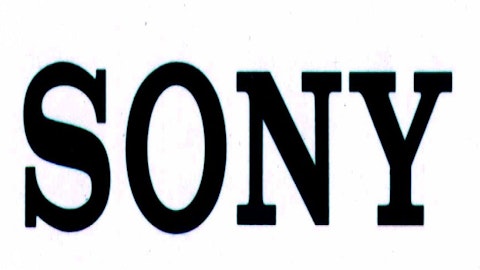
That theses was and remains: Deliberate inflation policy (now at 2% annually) is specifically designed to make Japanese goods less expensive in overseas markets. By giving foreign currencies increased purchasing power from favorable exchange rates, this will raise the amount of Japanese goods sold overseas and stimulate the economy as a whole.
Since that article, the iShares MSCI Japan Index (ETF) (NYSEMKT:EWJ) is up almost 12% with major exporters doing even better. But, this index contains both domestic as well as export-oriented business. Therefore, the short-term gains have been somewhat mitigated by the still stagnant domestic business. However, over the long run, this may be the safest way to play the rally as export gains lead to domestic prosperity.
Many investors might be scared off with such handsome gains already taking shape. But this is just the beginning. It was early 2009 when The Fed and Treasury really began pumping money into a decaying U.S. economy. The expression “Don’t Fight The Fed” has since become a popular rallying cry. Perhaps it’s time to extend that to the Bank of Japan and their economy for the next four years?
We have a winner!!!
Japan’s number one exporter is Toyota Motor Corporation (ADR) (NYSE:TM). This global auto manufacturer stands to benefit immediately and significantly from the new monetary policies.
Over the last six months, as the stimulus has gained traction, Toyota is up 48%.

Chart courtesy of The Motley Fool
One note of caution, in a materials-based industry such as Toyota Motor Corporation (ADR) (NYSE:TM), this short-term stimulative effect is often partially negated in the long-term by increasing raw material prices for future product cycles. Remember that currency fluctuations not only affect the price of products sold in different countries, but also materials acquired from overseas as well.
This would suggest that while Toyota Motor Corporation (ADR) (NYSE:TM) would benefit greatly in the short run, over the long-term as the negative macroeconomic effects of this stimulation begin to manifest, the microeconomics of Toyota Motor Corporation (ADR) (NYSE:TM)’s business will be impacted.
Honda Motor Co Ltd (ADR) (NYSE:HMC) is another Japanese automaker that stands to benefit — but not as much as you might think. While Honda Motor Co Ltd (ADR) (NYSE:HMC) is still Japan’s number two exporter, production of Honda Motor Co Ltd (ADR) (NYSE:HMC) vehicles in overseas markets has increased significantly over the years. Thus, the weakening Yen may not have quite as significant an effect on Honda as it will for Toyota Motor Corporation (ADR) (NYSE:TM).
It could be wise for Honda Motor Co Ltd (ADR) (NYSE:HMC) to keep profits overseas where possible and avoid the currency charges and taxation from repatriation. This could then be used to purchase raw materials, avoiding the pitfalls discussed above that Toyota Motor Corporation (ADR) (NYSE:TM) will see as this policy continues. This suggests to me that while Toyota may be the greatest short-term beneficiary, Honda Motor Co Ltd (ADR) (NYSE:HMC) may be the safer long-term play.
